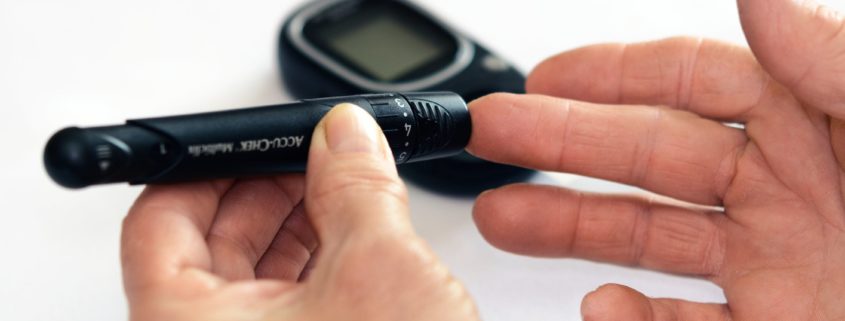Weight Loss Surgery: A Promising Solution for Diabetes
Diabetes is a chronic condition that affects millions of people worldwide. It is a condition that results in high levels of blood sugar, leading to a range of complications such as heart disease, kidney failure, blindness, and amputations. While traditional treatments like medications and lifestyle changes can help manage diabetes, weight loss surgery is a promising solution that can help resolve the condition altogether.
Weight loss surgery, also known as bariatric surgery, is a procedure that helps people lose weight by altering the digestive system’s structure and functionality. While weight loss is the primary goal, the surgery has been found to have a significant impact on diabetes, especially in patients who have a high BMI and struggle to control their blood sugar levels.
Studies have shown that weight loss surgery can help resolve diabetes in a significant number of patients. In fact, one study published in the Journal of the American Medical Association in 2013 found that 60% of patients with type 2 diabetes who underwent gastric sleeve surgery experienced complete resolution of their diabetes. Another study published in Diabetes Care in 2016 found that 80% of patients with type 2 diabetes who underwent gastric bypass surgery achieved diabetes remission. That’s a significant improvement compared to the 16% of patients who achieved remission through medication and lifestyle changes alone.
One of the primary reasons why weight loss surgery is so effective in resolving diabetes is its impact on the digestive system. The surgery helps patients feel full faster and longer, reducing their food intake and calorie absorption. This, in turn, leads to significant weight loss and improved blood sugar control, which can ultimately result in the resolution of diabetes altogether.
In addition to its effectiveness, weight loss surgery is also a better alternative to weight loss medications. While medications can help control blood sugar levels, they can also come with side effects like nausea, vomiting, and diarrhea. They can also be expensive, require long-term use, and may not work for all patients. Weight loss surgery, on the other hand, is a one-time procedure that can result in long-term weight loss and resolution of diabetes without the need for medications.
It is essential to note that weight loss surgery is not a magic bullet for diabetes. It requires significant lifestyle changes, including a healthy diet and regular exercise, to achieve the desired results. It is also essential to work closely with a healthcare team that specializes in weight loss surgery to ensure that patients get the best possible care and support throughout their journey.
In conclusion, weight loss surgery is a promising solution for diabetes that can help patients achieve significant weight loss and improved blood sugar control. With its high success rate and long-term benefits, it is a better alternative to weight loss medications. If you are struggling to manage your diabetes, contact our practice to schedule a consultation to discuss weight loss surgery as a potential solution to help you resolve diabetes and achieve a healthier life.
For more information, please call 973-410-9700 or contact us online.









Great article. A lot of helpful information for individuals who are considering weight loss surgery as a potential solution for managing their diabetes.
Very helpful for type II diabetics like myself
Very informative and should be used by patients and doctors alike to understand the real advantages of Bariatric surgery for diabetic patients vs medical management
A major reason and motivation to have bariatric surgery as ridding diabetes will improve quality of life and longevity.
Very informative article. I myself had been diabetic for 5 years. I made the choice to have a Gastric Bypass and am happy to say my Diabetes totally resolved. Best Decision of my Life!
Thank you for addressing the various aspects of the topic in a well-rounded manner. Your post is comprehensive and informative. For more details, click here.